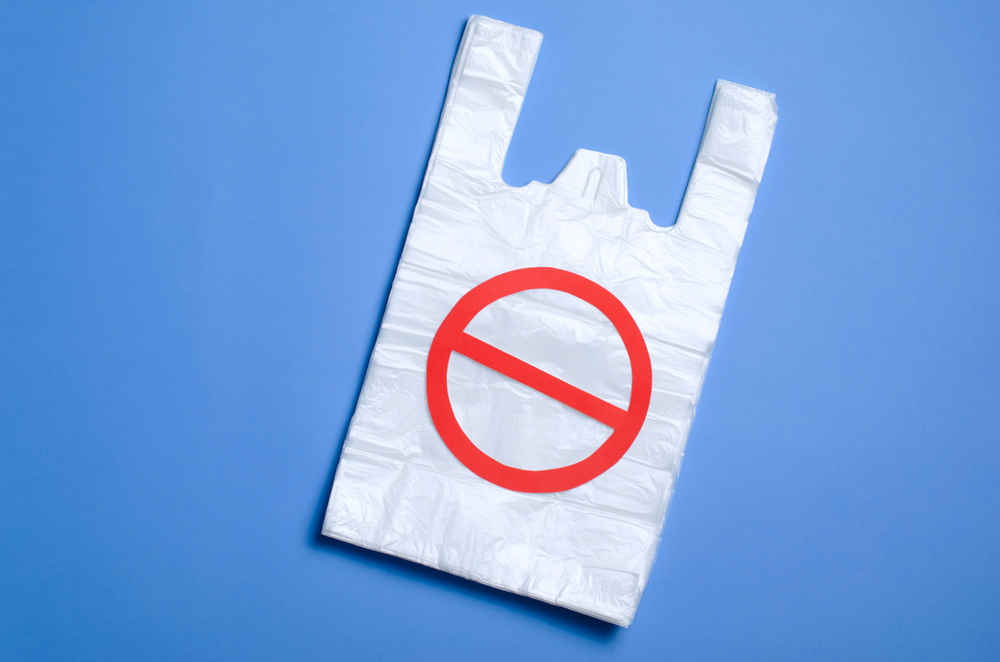New York state’s plastic bag reduction law, postponed twice already due to a lawsuit and the COVID-19 pandemic, is beginning to be enforced this week as the state reopens.
The legislation, which had been scheduled to take effect March 1, bans anyone required to collect state sales tax from distributing plastic carryout bags, with a few exceptions including those that contain raw meat, bulk fruits and vegetables, or prescription drugs. In addition, cities and counties were authorized to charge a five-cent fee for each paper carryout bag.
Violators are to be punished first with a warning, then a $250 penalty, followed by $500 for any subsequent violation within the same calendar year.
RELATED: Marijuana laws changing, following public opinion
RELATED: Growing ‘Rights of Nature’ movement tested in Florida court
Enforcement was first postponed following an ongoing lawsuit brought by plastic manufacturer Poly-Pak and an association of bodegas, whose businesses thrive on plastic bags. A subsequent postponement followed the escalation of COVID-19, in which retailers hoped single-use plastic bags would put customers’ minds at ease that their order is clean. The risk of transmitting the coronavirus via a reusable plastic bag is still in question, depending on how bags get washed at home.
New York state’s Department of Environmental Conservation “continues to encourage New Yorkers to transition to reusable bags whenever and wherever they shop and to use common-sense precautions to keep their reusable bags clean,” said the DEC in an emailed statement. By contrast, Massachusetts temporarily banned reusables and Illinois advised stores to do the same.
The DEC said it has always planned to focus on education rather than enforcement, though it would not comment further due to the ongoing litigation.
New York’s plastic bag law is new and presents complications that aren’t applicable to a place like Washington, D.C. for example. The district opted not to suspend its 10-year-old plastic bag fee during the pandemic, as all parties were well accustomed to compliance and plastic is still available for that fee, said Lillian Power, environmental protection specialist at the district’s Department of Energy and Environment. A transitional period, as New York is facing, proved helpful for D.C. businesses and consumers to adjust their behavior, Power said.
While much of the work on reducing plastic pollution happens at the state or local level, a national conversation on plastic packaging is gaining steam, including the newly introduced Break Free From Plastic Pollution Act of 2020, which in part targets wasteful packaging.
Even before the pandemic, plastic recycling was often expensive, difficult and unsuccessful. Most types of plastic packaging will remain economically impossible to recycle for the foreseeable future, according to a recent Greenpeace report, which also noted that plastic bags have only a 4% acceptance rate at material recovery facilities in the U.S. About 91% of plastic is not successfully recycled, according to National Geographic, and much of it ends up in the ocean, adding to the Great Pacific Garbage Patch, washing up onto beaches, and threatening wildlife and water quality.
“The tide is turning and there’s nothing that’s going to turn it back,” said Rebecca Bratspies, professor at the CUNY School of Law and founding director of the CUNY Center for Urban Environmental Reform. “We can’t continue to overload our planet with this waste that doesn’t decompose and is toxic.”










